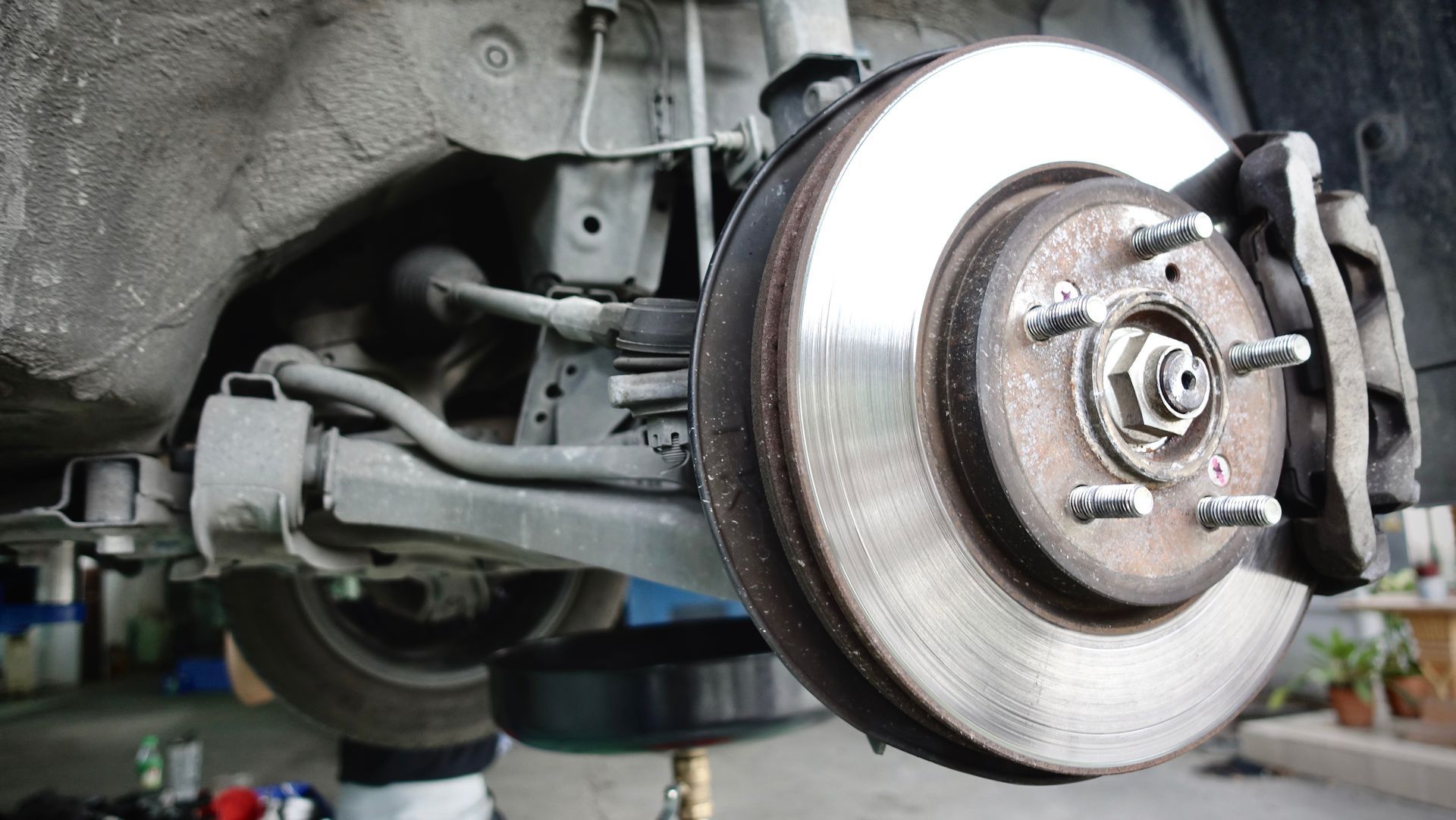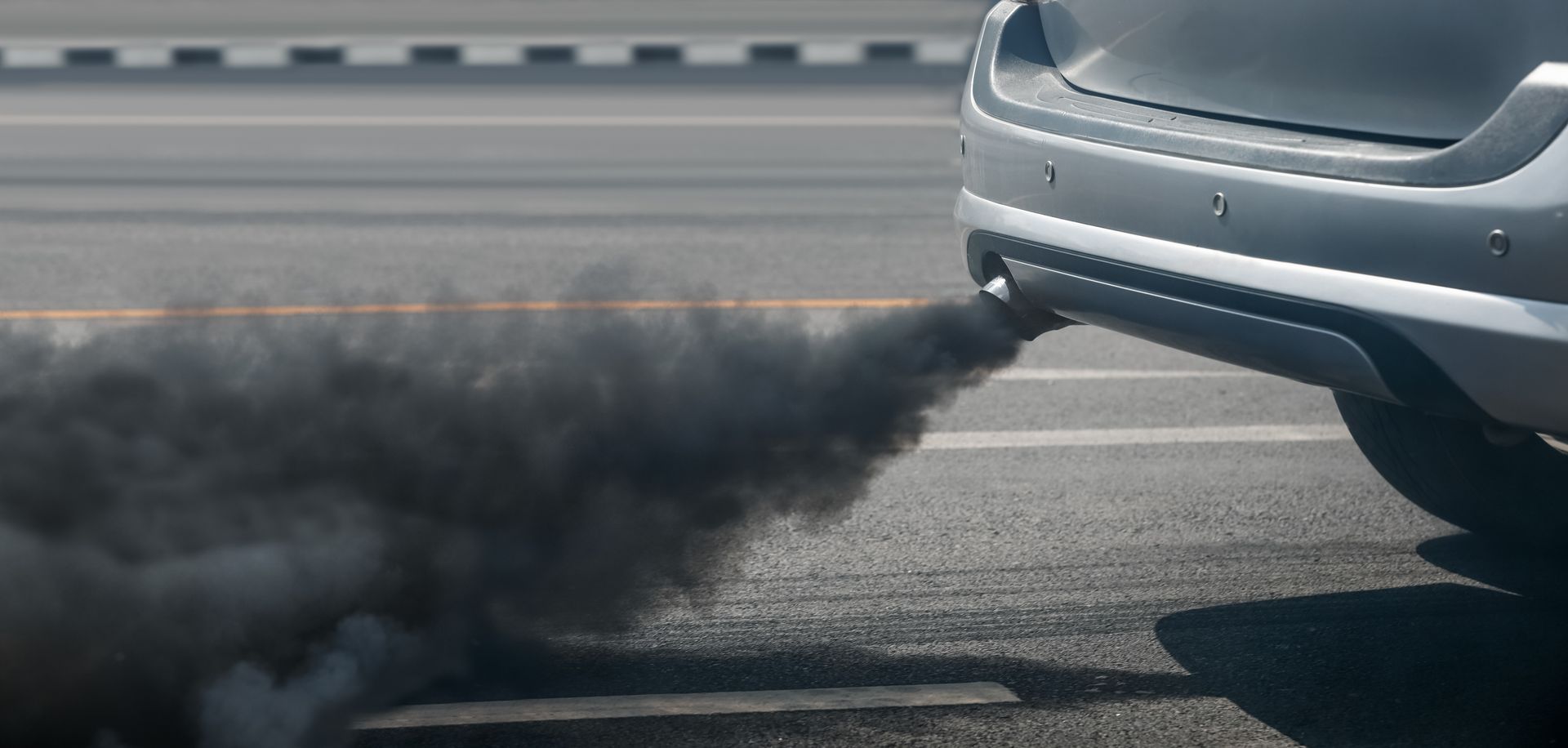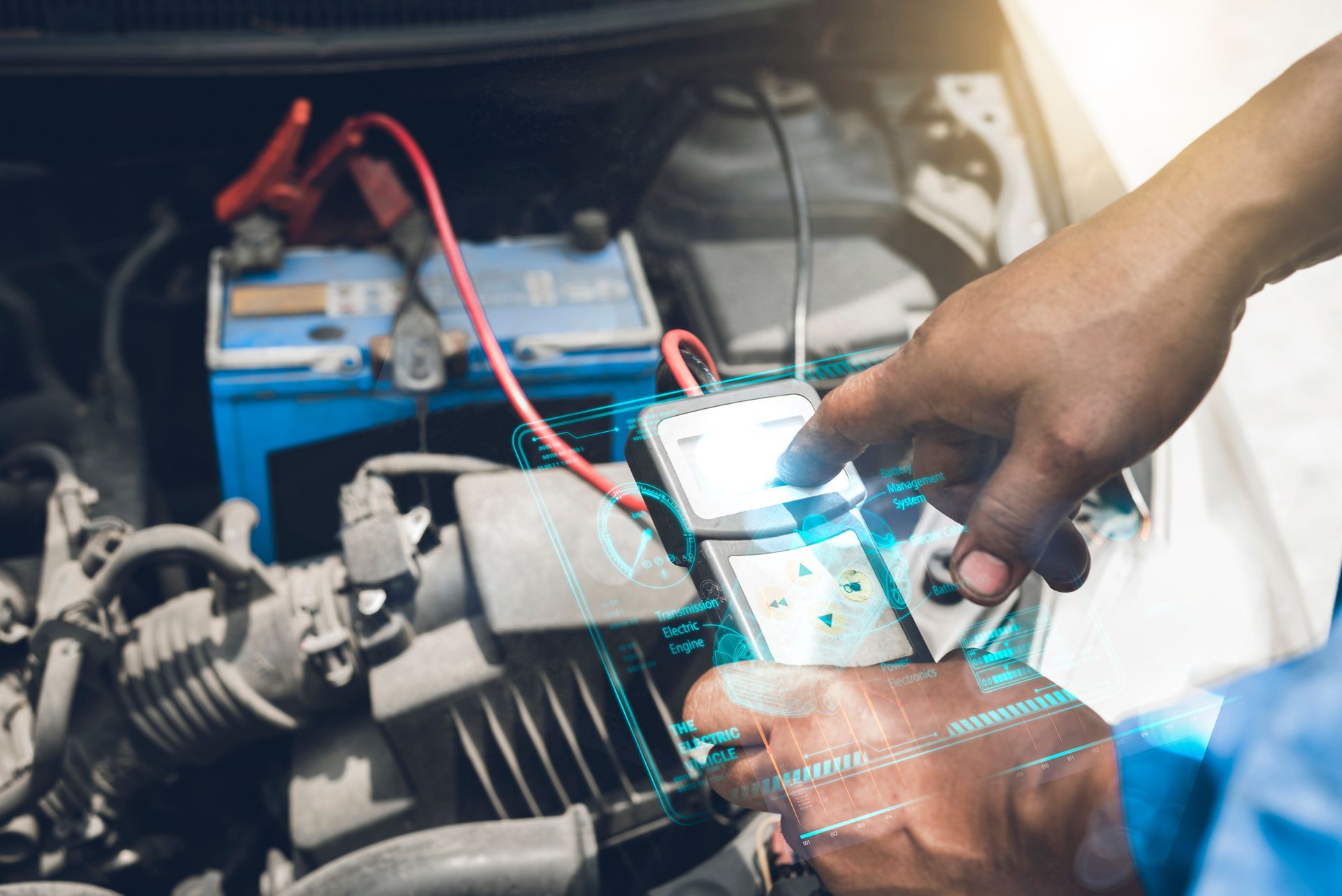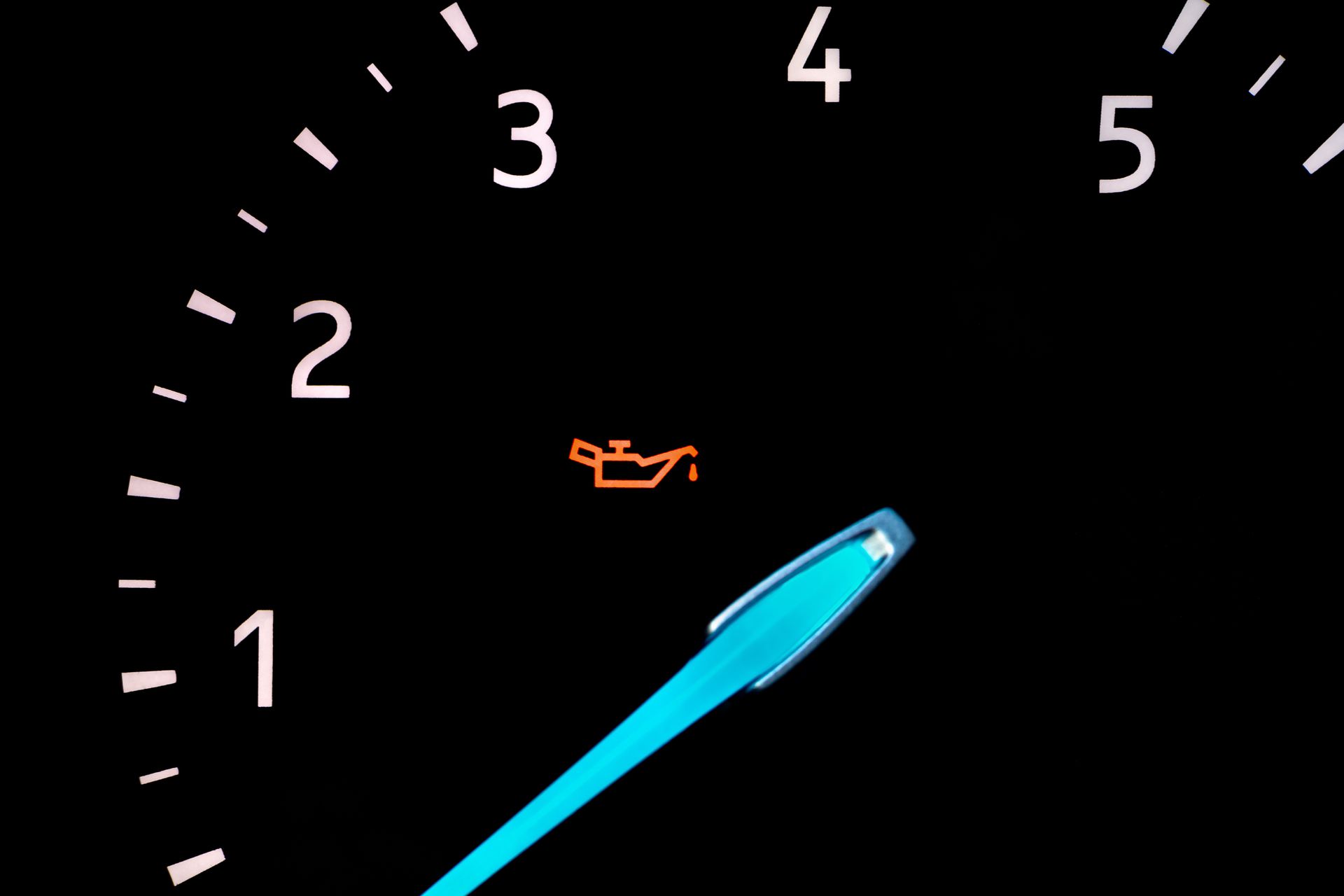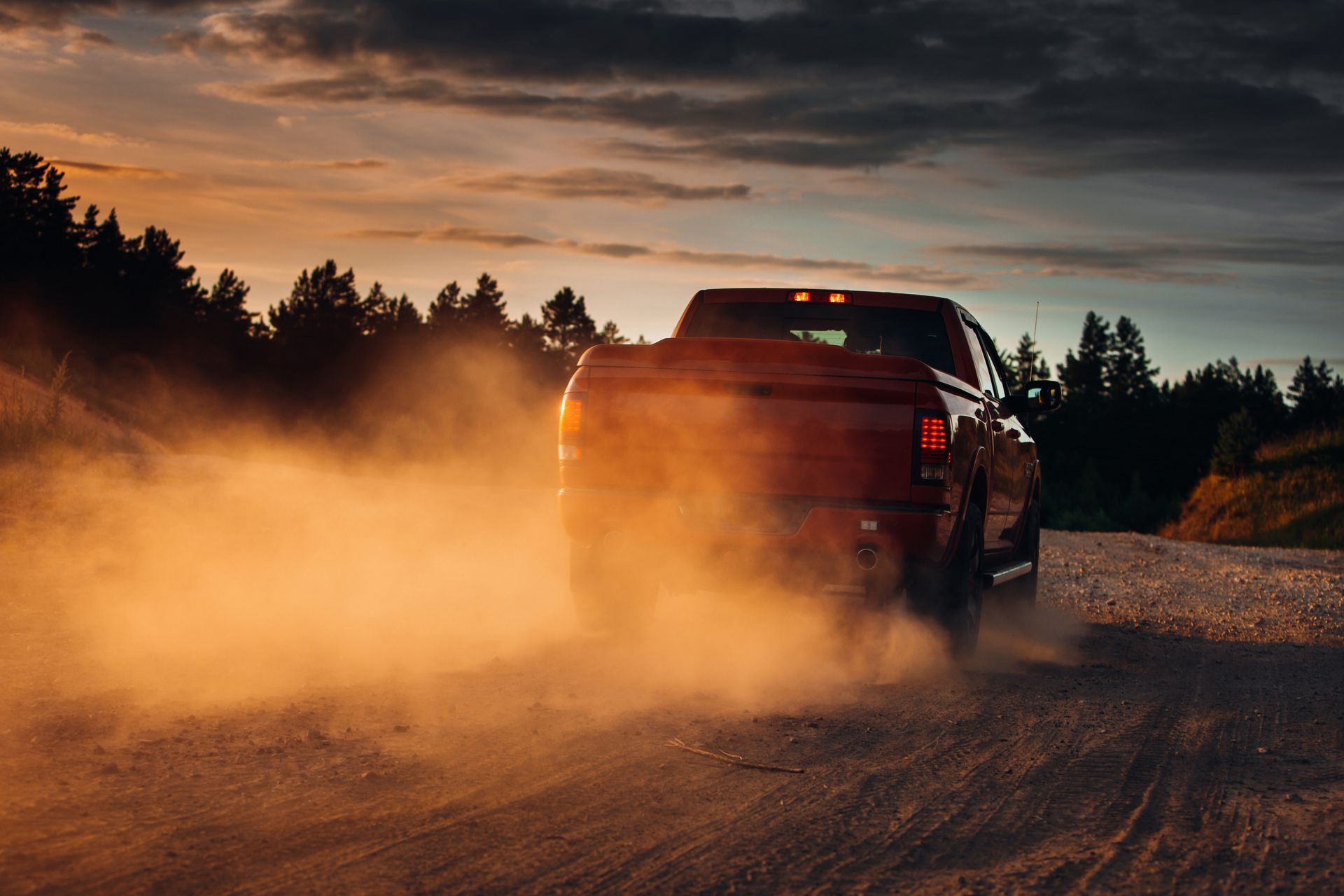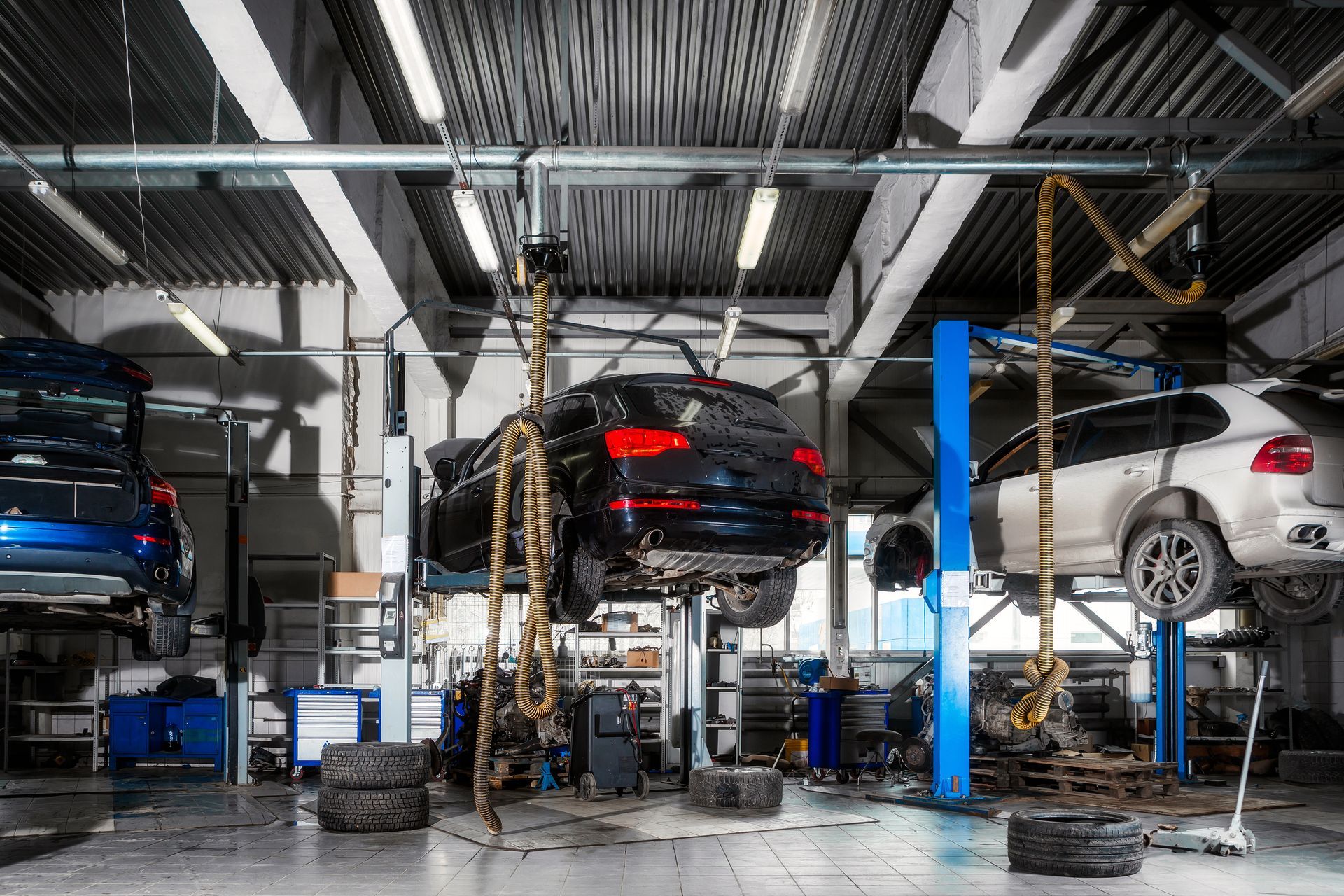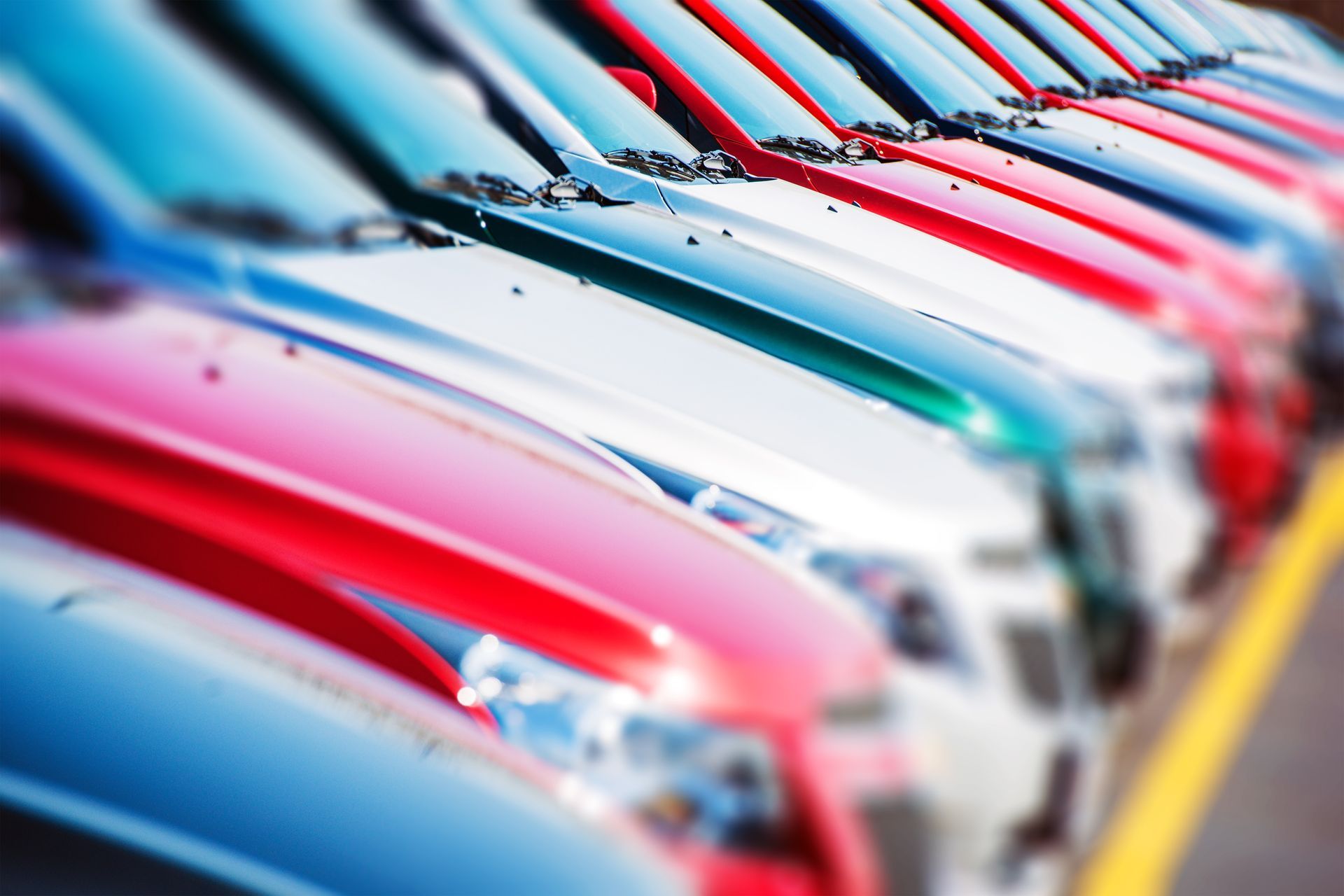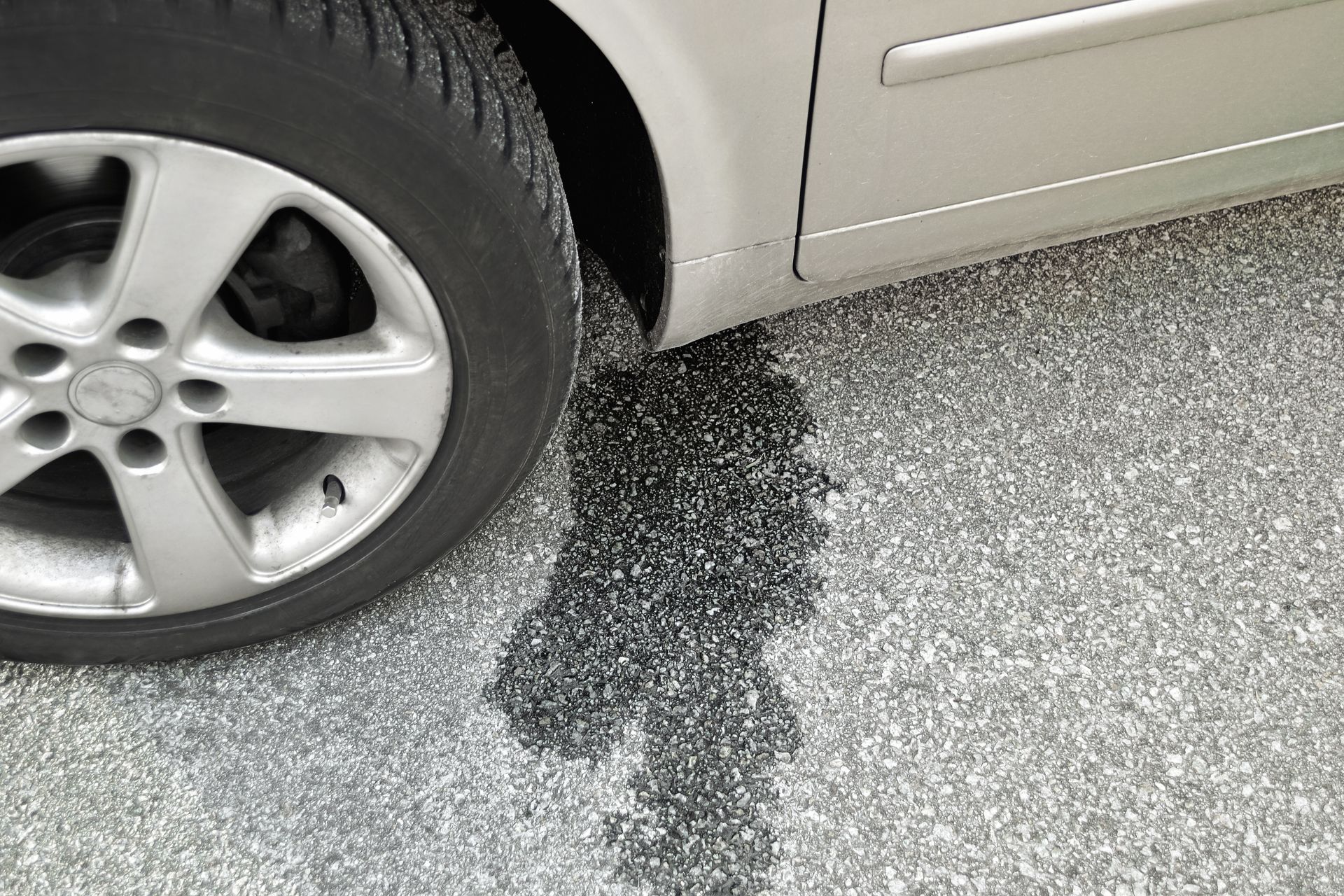The check engine light is one of those dashboard signals that can cause immediate concern or frustration. But when that light starts flashing, the stakes change and it’s no longer something to ignore. A flashing check engine light indicates a more serious issue than a steady light, and it demands immediate attention. So, what does a flashing check engine light really mean, and is it safe to keep driving when it happens?
What Does a Flashing Check Engine Light Mean
A flashing check engine light is a warning signal that your vehicle is experiencing a serious issue, typically related to the engine’s performance. When it flashes, the problem could be related to a misfire, fuel system issue, or even a severe malfunction that, if not addressed quickly, could lead to costly damage.
Unlike a solid check engine light, which indicates a less urgent issue (but still something that needs attention), a flashing light often signals a problem that requires immediate action. Ignoring this warning and continuing to drive could lead to further engine damage, expensive repairs, or even complete engine failure in extreme cases.
Common Causes of a Flashing Check Engine Light
There are several potential reasons your check engine light could be flashing, and most of them require immediate attention. Here are some common culprits:
Engine Misfire
An engine misfire is one of the most frequent causes of a flashing check engine light. When an engine misfires, one or more cylinders aren’t functioning correctly, which can lead to unburned fuel entering the exhaust system. This can severely damage components like the catalytic converter.
Fuel System Issues
Problems within the fuel system, such as a malfunctioning fuel injector or fuel pump, can also trigger the check engine light. A disruption in the fuel system can lead to poor engine performance or a misfire.
Ignition System Problems
Issues with your vehicle’s spark plugs, ignition coils, or wires can lead to misfiring, resulting in a flashing check engine light. If your ignition system isn’t working properly, your engine won’t get the spark it needs to run efficiently.
Catalytic Converter Failure
A flashing check engine light can also indicate issues with your vehicle’s catalytic converter. This component helps reduce harmful emissions by converting them into less harmful gasses. A misfire can cause unburned fuel to damage the catalytic converter, leading to more costly repairs.
What Should You Do If Your Check Engine Light is Flashing
If you’re driving and notice that your check engine light starts flashing, the best thing to do is pull over safely and shut off the engine. Continuing to drive with a flashing light can risk serious damage to your vehicle, especially to expensive components like the engine or catalytic converter.
Once you’ve stopped the vehicle, assessing the situation is important. If the car is running roughly, shaking, or making unusual noises, you should avoid driving any further. Call a tow service and have your car taken to a professional repair shop. Even if the car seems to be running fine, it’s not worth the risk of continuing to drive without knowing the severity of the issue.
Is It Ever Safe to Drive With a Flashing Check Engine Light
The short answer is no. A flashing check engine light means something significant is happening under the hood, and continuing to drive can make the situation much worse. While a steady check engine light might allow for some flexibility—like driving directly to a repair shop—a flashing one signals an urgent problem that can’t wait.
There are situations, like being in the middle of heavy traffic or on a highway, where it’s not immediately possible to pull over. In these cases, try to safely reduce your speed and drive carefully to the nearest safe stopping point. But, ideally, your next step should be to contact a professional to inspect your car and prevent further damage.
Why You Shouldn’t Ignore the Warning
A flashing check engine light isn’t just an annoyance—it’s a signal that something is wrong with your vehicle, and driving any further could lead to severe and expensive consequences. Beyond engine failure, you could also risk damaging key systems like the catalytic converter, which is costly to replace and crucial for reducing harmful emissions from your vehicle.
Getting your car inspected as soon as possible will not only save you from bigger repair bills but also ensure your safety and the safety of others on the road. Ignoring the issue might lead to an undrivable vehicle and a much more complicated fix in the long run.
Keep your car in top shape! At
Kwik Kar Auto Repair - Parker Road, we offer
inspections and maintenance services to catch issues before they turn into expensive repairs. Let us help you stay on the road confidently!
